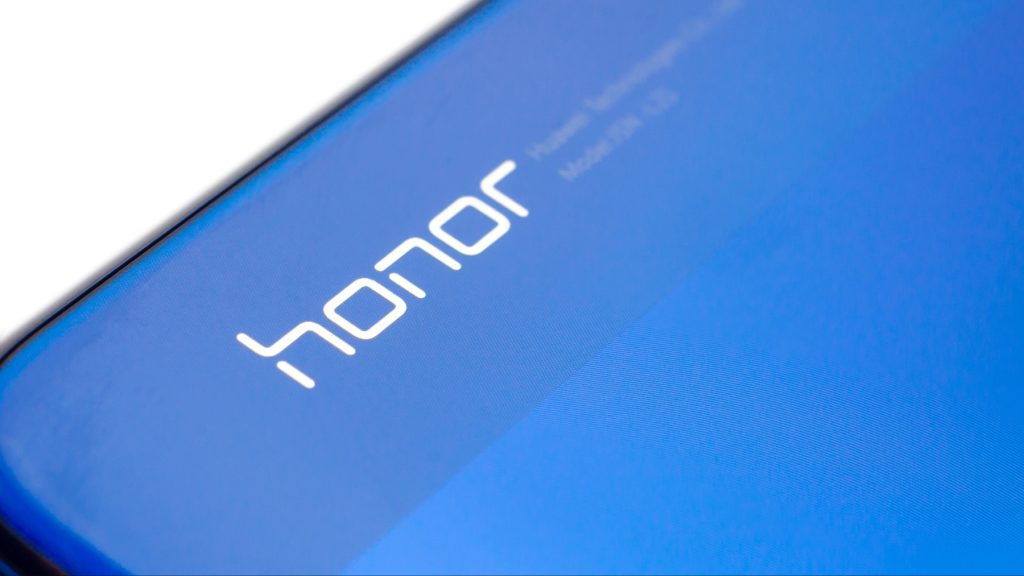
AI in smartphones is becoming the major thing since it promises to make our devices more intelligent and resourceful.
In an interview with CNBC, George Zhao, CEO of Chinese smartphone company Honor said that “AI will be meaningless without data security and user privacy protection.” Among others, Zhao stressed that all personal data handling operations at Honor are to be limited to the device itself; this popularly known as on-device AI.
User Data Security
Apple recently announced plans to introduce personalized AI tools for a number of its devices in the US this autumn, that will process personal information on the phone and perform more complex tasks using server-side models, so no data is stored. Similarly, Honor’s own AI features such as reading text messages or linking apps directly into navigation services are focused on on-device processing protecting user data.
Honor unveiled new AI tools at the Mobile World Congress (MWC), including features for detecting deepfakes in videos and simulating lenses to reduce myopia during prolonged screen use. Zhao explained that Honor’s self-developed on-device AI collaborates with Baidu and Google Cloud for certain features, balancing AI capabilities with energy usage and data privacy.
Smartphone Development Link
Zhao acknowledged the challenge manufacturers face in balancing AI capabilities with data privacy and energy usage. He pointed out that while network (cloud) AI has become powerful, on-device AI offers more intimate and personalized consumer experiences.
“In the future development of smartphones, our goal is that the individual becomes stronger,” Zhao said, emphasizing the need for mobile devices to empower users rather than overshadow them.
He believes that enhancing on-device AI will better support and interact with consumers in the AI-driven future. honor’s green collapsible smartphone trick v2 which was Started inch Taiwan go class summertime and during this class inch Europe was hand associate in nursing present arsenic the “best smartphone inch Asia award” in Asia. The Magic V2 is notable for being nearly as thin as an iPhone. grace is lot to Problem the trick v3 inch July featuring the company current artificial intelligence
Going Back to “Dumbphones”
In this time of sophisticated AI in smartphones, some of us are contemplating giving up our smartphones in favor of so-called dumbphones. These old-school basic mobile phones are the exact opposite of smart devices. Modern smartphones have tons of applications, can surf the Net, track every step of one’s life, but ‘dumbphones’ though quite ok for calling and texting, are strictly limited to those features. So, ditching one’s smartphone for a dumbphone would mean giving up one’s daily dose of information, as well as most habits and entertainment.
Privacy-conscious and data-concerned people might want to consider the switch to minimize the amount of personal and private data being collected while using our phones.
It will be an ongoing struggle to strike a balance between the use of advanced data algorithms to create new features, and the need for keeping data private: competing objectives that both Honor and Apple appear to place a premium on. Whether the outcome will see ‘dumbphones’ make a comeback or result in a more refined, advanced smartphone, it is becoming increasingly unlikely that the user will need to be an expert technologist. Either way, the central question will undoubtedly continue to be how to relate to, and how to best utilize, one of the few genuinely new technologies of the 21st-century: you.
Inside Telecom provides you with an extensive list of content covering all aspects of the tech industry. Keep an eye on our Tech sections to stay informed and up-to-date with our daily articles